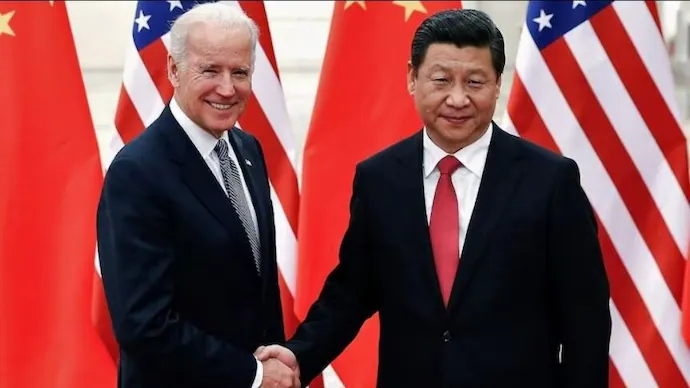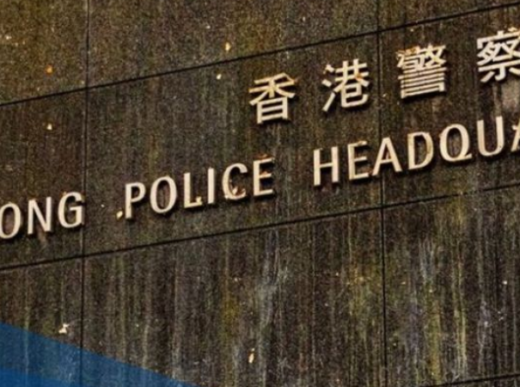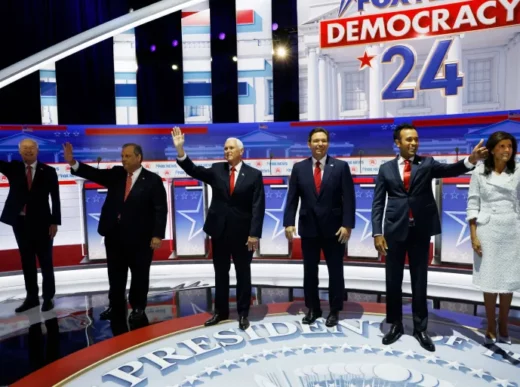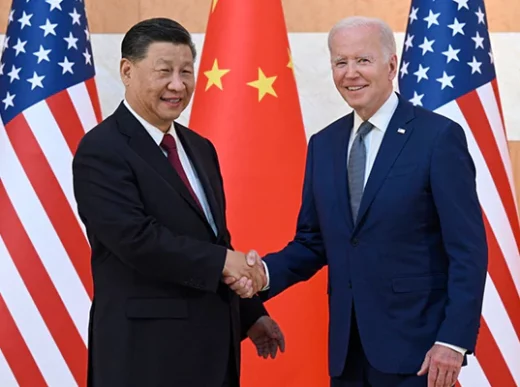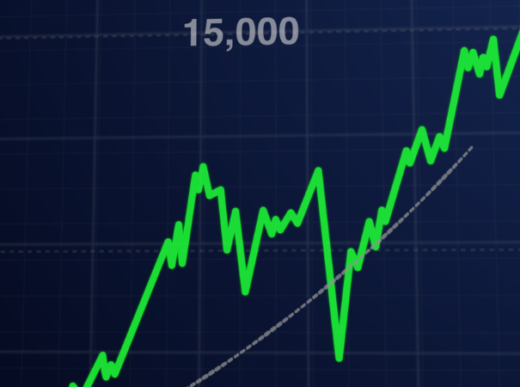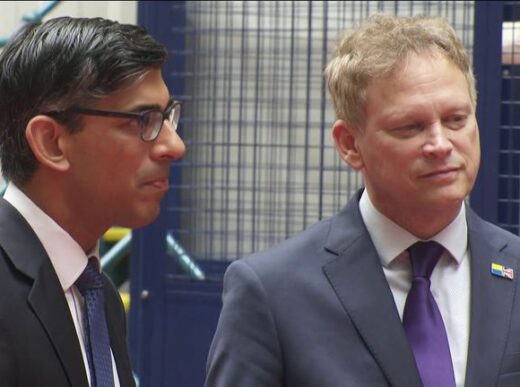The upcoming G20 Summit in New Delhi has been a subject of significant intrigue and uncertainty in recent days. As world leaders prepare to converge, the conspicuous absence of two major players, Russian President Vladimir Putin and Chinese President Xi Jinping, looms large. Amidst these speculations, U.S. President Joe Biden has expressed his hope for President Xi’s attendance.
Biden’s Hope for President Xi
President Joe Biden, slated to join over two dozen world leaders at the G20 Summit hosted by Prime Minister Narendra Modi, has conveyed his optimism about President Xi Jinping’s participation in the event. When questioned by reporters regarding President Xi’s potential attendance, Biden’s response was clear: “The answer is I hope he attends the G20 Summit.” This sentiment underscores the significance of President Xi’s potential presence at this international gathering.
Analyzing China’s Decision
While President Xi’s decision not to attend the G20 Summit in India has raised eyebrows, Farwa Aamer, Director of South Asia Initiatives at the Asia Society Policy Institute (ASPI), offers a comprehensive analysis of the implications surrounding this choice.
1. Center Stage Dilemma
Aamer suggests that President Xi’s absence may reflect China’s reluctance to relinquish the center stage to India, particularly within the region and the broader neighborhood. This move underscores China’s unwavering determination to maintain its dominant role and influence, thereby affecting the delicate balance of power in the region.
2. Diplomatic Challenges
The absence of President Xi emphasizes the intricate diplomatic path ahead, particularly concerning de-escalation at the border. Aamer notes that negotiations will be prolonged and intertwined with the broader geopolitical landscape of the Himalayan region, as well as China’s strategic competition with the United States. It highlights the need for sustained and nuanced diplomatic efforts.
3. Domestic and Global Dynamics
President Xi’s decision also serves as a reminder of the complex terrain that Sino-India relations navigate. The border issues, with their deep-seated historical disputes, national pride, and strategic interests, remain elusive in terms of a swift resolution. These interactions are now shaped not only by regional dynamics but also by the overarching framework of great power competition between China and the United States.
The G20 Summit’s Significance
As the G20 Summit approaches, its outcome will be indicative of the impact of geopolitical tensions and strategic competition on global economic cooperation and multilateral diplomacy. The complex interplay of international dynamics and the role of key players like China will shape the direction of this critical summit.
Unresolved Border Disputes
Since the Galwan clashes of 2020, Sino-India relations have been characterized by escalating tensions and unresolved border issues. Despite numerous rounds of diplomatic discussions and recent meetings of corps commanders, a definitive resolution to these border disputes remains elusive. Prime Minister Modi’s emphasis on the border situation underscores its paramount importance. The complexities surrounding these disputes make a swift resolution unlikely in the near future.
Enigmatic Bilateral Dynamics
The bilateral dynamics between India and China have been enigmatic. While hints of a potential meeting between Prime Minister Modi and President Xi during the BRICS Summit surfaced, the actual interaction was limited, underscoring the complexities at play. China’s release of a new map, asserting sovereignty over the northeastern state of Arunachal Pradesh and the disputed Aksai Chin plateau, further heightened tensions. India’s vigorous protest and Foreign Minister S Jaishankar’s labeling of China’s claim as ‘absurd’ accentuated the gravity of the situation.
China’s Strategy and India’s Vigilance
China, in response, adhered to a familiar strategy, urging all parties to remain objective and avoid over-interpreting the issue. Amidst this delicate dance, India remains vigilant and determined to protect its territorial integrity, emphasizing the significance of the border situation in shaping the course of Sino-India relations.
As the G20 Summit approaches and the complexities of international relations continue to evolve, the world watches with bated breath to see whether President Xi Jinping will accept President Biden’s hope and join the assembly of world leaders in New Delhi. The summit holds immense potential for shaping the future of global diplomacy and cooperation, while also offering a glimpse into the intricate tapestry of international relations in an ever-changing world.
